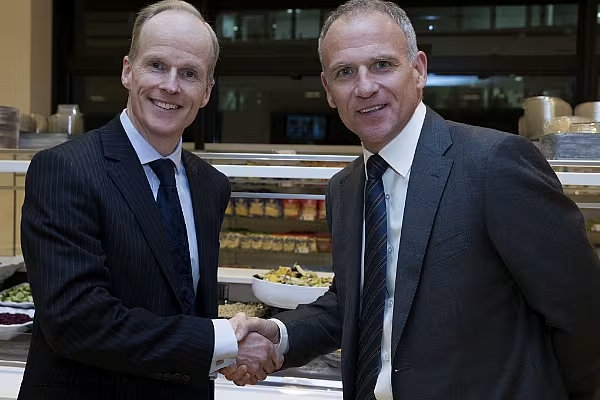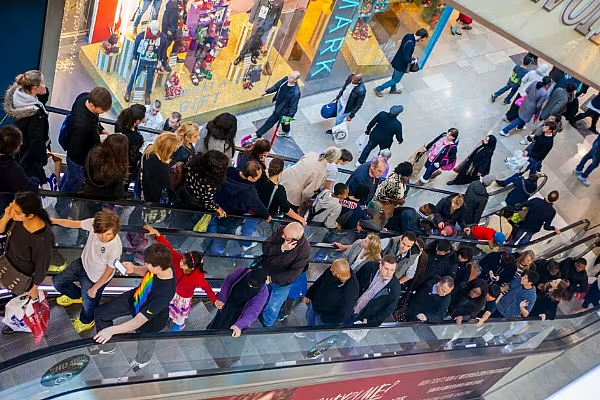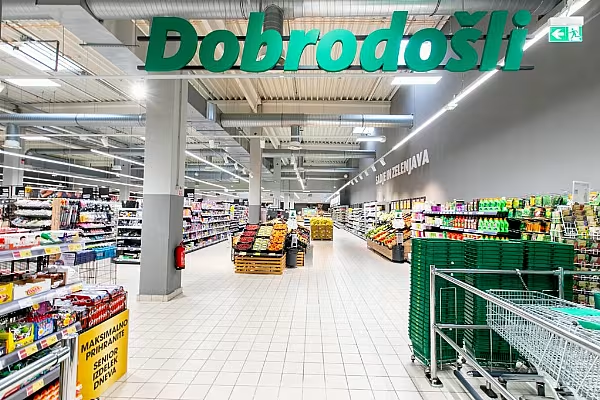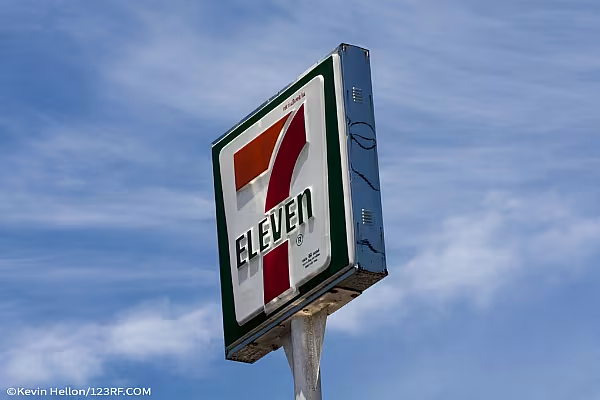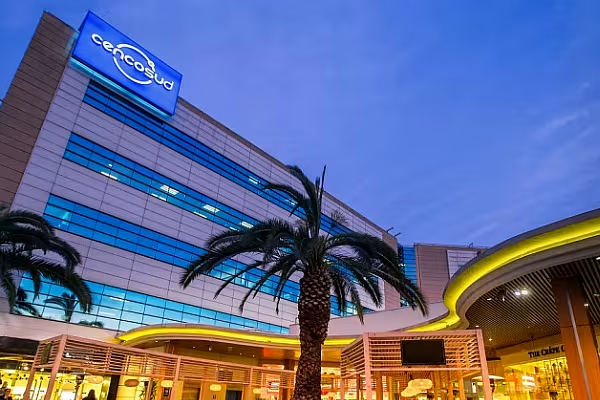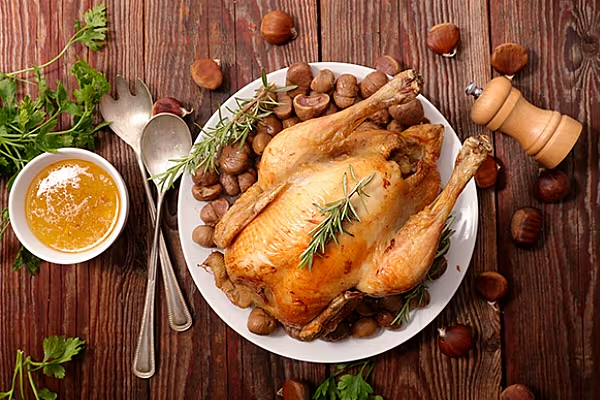Tesco has finally won its Booker prize.
Shareholders from both companies approved Tesco's takeover of Booker on Wednesday. Some 83% of the target's proxy votes cast were in favour of the combination, ahead of the 75% required.
Tesco could easily have afforded to raise its £4 billion offer, and that would have made the outcome less nail biting for its Chief Executive Officer, Dave Lewis. Gadfly has argued that Britain's biggest grocer had more to lose from the deal falling apart than did the wholesaler.
In the end, though, he and his board held their nerve. They judged the situation well, and have got hold of Booker for a bargain price.
Some of Tesco's own shareholders have accused it of overpaying. It's hard to see the merits of that case.
The deal was struck at a mere 12% premium to the Booker share price immediately before the merger was announced. However, the increase in the Tesco share price since then, plus the Booker closing dividend, means the premium has roughly doubled.
As for Booker investors, they clearly believed in the potential for Tesco's challenges to be overcome now that their capable CEO, Charles Wilson, will lead the UK business and possibly take the top job in the future. That promise proved more alluring than the safety of Booker.
It helped that Wilson was prepared to convert his 6% holding in Booker into about 1% of Tesco. If he was ready to throw his weight behind the combination, other shareholders were too.
Now he and Lewis must prove that investors made the right decision.
Scope for Growth
Generating higher synergies from the combination would be a good start. The £200 million of savings that the two companies have outlined looks conservative. Analysts at HSBC have suggested this could easily rise to £500 million.
With Wilson in charge of the UK arm, there is a good chance of this being delivered. His skills mean that the deal should help Tesco lift its operating margin from 2.7% in the first half of 2018 to its target of 3.5-4% by 2020, rather than distracting from the company's turnaround.
There is scope for the combined group to increase Booker's share of the food services market, while buying power for the whole group also ratchets up. That should help it withstand the onslaught of the German discounters, while putting pressure on smaller rivals.
Meanwhile, there are other opportunities for growth, such as putting Booker cash-and-carry outlets in those Tesco stores burdened with too much space, and developing Booker's Family Shopper discount convenience arm into a broader value chain. All told, the deal should ensure Tesco's sales and profit growth for the next few years.
Meanwhile Lewis has also set up his eventual succession.
Investors who backed the deal have concluded that the combined Tesco-Booker is the best place to invest in grocery. Indeed, its scale should make it the pre-eminent food retail and services business in the UK, able to defend itself against the threat from Amazon moving into groceries.
Lewis and Wilson must now reward shareholders for their faith by delivering on that potential, and prove the doubters wrong.
News by Bloomberg, edited by ESM. Click subscribe to sign up to ESM: The European Supermarket Magazine.
